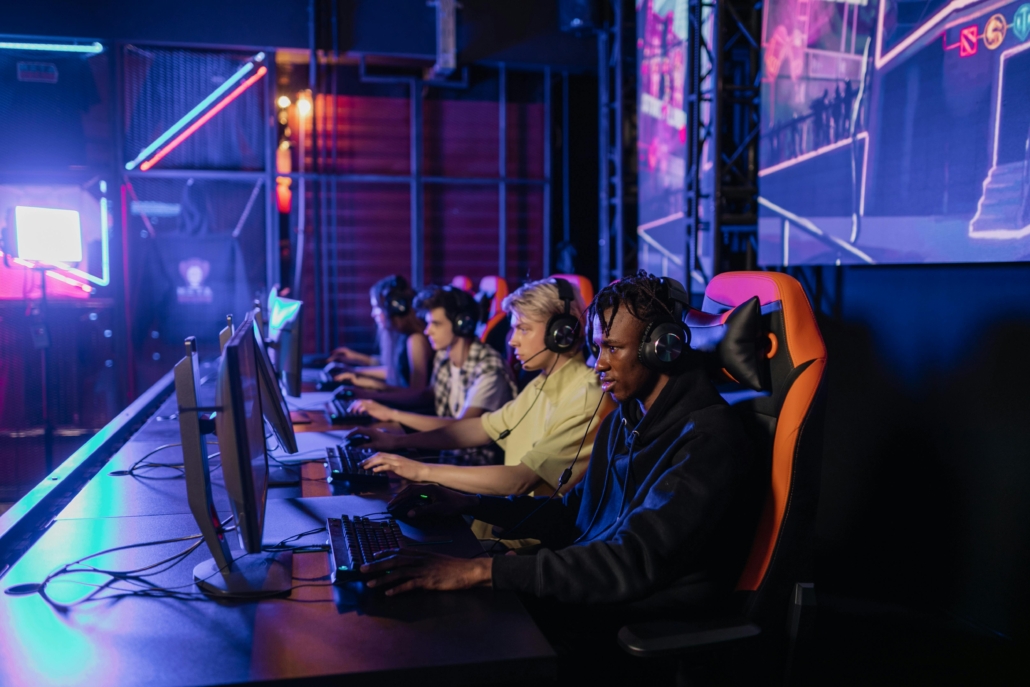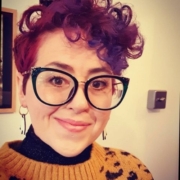Bringing professional practice into events education
Congratulations to the University of Greenwich for achieving Higher Education Course Recognition from the IEM for its event management courses.
We spoke to Jo Goodey, Senior Lecturer in Events Management, about the importance of recognition and her university’s commitment to bringing professional practice into events education.
Firstly, congratulations on achieving Higher Education Course Recognition for your event management courses. How will this support you as an institution? How useful is such a recognition programme across the sector?
Thanks, we are really pleased and very proud to achieve the recognition. Applying for the IEM recognition was a rigorous but worthwhile process. The IEM team have put together a framework against which to assess the content of event management courses, based on the objectives of the IEM as set out in its functional map and within the subject QAA Benchmarks. My understanding is that the scheme is also supported and reviewed by industry professionals, signifying the importance of the course content, and demonstrating that event management is a serious profession requiring specific skills.
Achieving IEM recognition for both our Event Management and Innovation BA Hons, and our International Events Management MA, exemplifies our course content, noting its relevance to current industry trends, innovations and requirements. And demonstrates that our courses are focused on developing our students as critical thinkers and responsible future event leaders.
We’re proud of the way in which our curriculum provides a blended approach to academic studies, experiential learning and authentic assessments. We look to support our students in building a rounded understanding of the industry, the wider impact of events within our society, and the skills and competencies needed to become an event management professional.
We rely on input from professionals to ensure our courses are relevant and impactful. Over the past year, I’ve worked with at least 30 industry partners, from guest lecturers to recruiters to those offering student site visits and internships. Without those relationships, our courses wouldn’t be nearly as effective.
We see IEM recognition as a proud achievement for our courses, and we look forward to promoting this recognition and the ongoing connection to the IEM as part of our wider work to develop and promote relationships between academia and the events industry.
Tell us about your own background and how you found your way into events.
I left university with a degree in fine art and art history, but I soon realised I was more passionate about curating and organising multimedia exhibitions and events than creating the art itself. From there, I explored various roles in the events world – starting in charity fundraising, moving through music festivals, and eventually landing in cultural community events and large outdoor spectaculars.
Over 17 years, I’ve worked in everything from theatre and cabaret to arts festivals and council-led cultural programmes. I’m currently the chair of Same Sky, the largest arts charity in the south-east which delivers big parades and winter light festivals, which allows me to stay hands-on with what I love most.
When did the academic world become part of your professional mix?
Around 2015 or 2016, I was encouraged to lecture by friends in academia. I’d developed training for Brighton Fringe, which led to guest lecturing at universities like Westminster and London South Bank. I never set out to become an academic, but I loved the experience. My industry experience allowed me to bring real-world examples into the classroom. Over time, I shifted more toward full-time lecturing.
How did that evolve into doctoral research?
It was a gradual but natural progression. While completing a PgCert in Learning and Teaching in Higher Education, I became fascinated by educational psychology and philosophy – especially critical pedagogy, which emphasises inclusive, accessible education. I’m dyslexic and understand the need for diverse learning approaches. My research explores how students can learn about social justice and equity through producing cultural community events. It blends my two passions: events and education.
What are your thoughts on how students today discover event management as a career?
The industry is much more visible now, but when I was younger, the idea of a career in events wasn’t really on the radar. Today, students are more savvy and very career-driven. Many already know what niche of the industry they want to explore – maybe esports or Formula One events – and they do extensive research on the best courses and institutions.
They’re also very well informed about the different types of programmes and make choices accordingly. Every course is different. Some are rooted in business schools, others in social sciences. They also offer varied focuses, from festivals to corporate events.
Students today often prioritise location, specialisation and career outcomes. I’m always impressed by the smart questions asked during open days. Financial pressures also mean students are thoughtful about the value of their degree.
What changes have you seen in event management education since you started teaching?
When I began teaching in 2017, it was during a boom for event management courses. Since then, the landscape has shifted. Covid-19, Brexit and visa policy changes have all impacted recruitment. We’ve also lost vital pathways from post-16 education, like BTECs and T-levels in tourism and hospitality, which used to feed into our programmes. That’s had a significant impact on enrolment.
Do you have many mature students coming to study?
Less so for full three-year degrees, but more often in one-year MAs, which can be career-boosting and are sometimes funded by employers. There’s also a growing demand for short courses and diplomas, especially for professionals already in the industry. Apprenticeship degrees could fill that gap if properly supported by government policy.
Do you think there are still good career prospects for students graduating today?
Absolutely. While festivals and large park events are currently experiencing issues [we spoke when major events in London parks were facing well-organised and high-profile opposition from residents’ groups], the sector is now so much broader: conferences, exhibitions, venue management and food markets are thriving. Our students are being hired by companies like Ticketmaster, Live Nation and major conference organisers. There’s no shortage of opportunity; it’s just not always where people expect.
How do your students respond to challenges in the industry, like diversity and sustainability?
There’s definitely a lack of diversity in the sector, and we need companies to take responsibility for that. Sustainability is another key concern. At Greenwich, we embed sustainability and carbon literacy in our curriculum.
We run professional development modules, and our students are very informed and are pushing the industry forward in these areas. They ask tough questions and are helping change the culture, particularly around well-being, burnout, diversity and career progression for women.
How are your programmes at Greenwich responding to these evolving issues?
We’ve just revalidated both our undergrad and postgrad courses. Our undergrads run live events every year, including hybrid ones using green screen and digital platforms. Our MA programme includes carbon literacy certification and integrates entrepreneurship and sustainability. We’re focused on making students industry-ready with cutting-edge skills.
What role does AEME (the Association for Events Management Education) play in your professional life?
I joined AEME because I’m passionate about developing event management education. It offers a platform to share best practices, collaborate on pedagogy and build relationships across institutions. The AEME works with other industry and education-based associations to champion events, tourism and hospitality management education at policy level, looking to develop further and higher education opportunities and career routes into industry. I also run AEME’s special interest group on teaching and learning, which hosts seminars on curriculum design and research. We also work closely with the industry through initiatives like site visits, live briefs and panels.
What’s your final message about the relationship between education and industry?
Simple: we must see academia and industry not as separate entities but as collaborators. Our students are the future of this sector. Through education, we can push for meaningful change, whether it’s around equality, diversity, inclusion, sustainability or innovation. With ongoing dialogue and shared goals, we can prepare the next generation to lead the industry forward.

Esports is an area of the events sector in which students are keen to specialise



